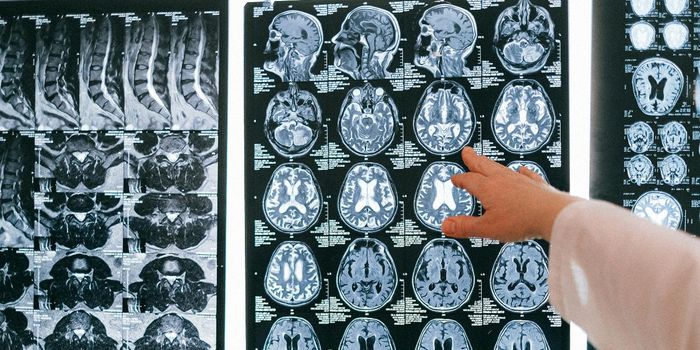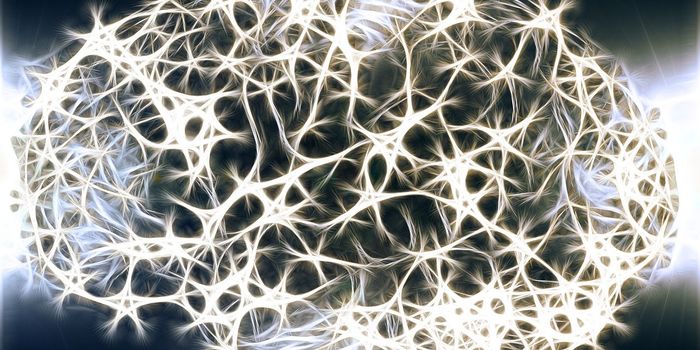Vitamin D and Schizophrenia
Schizophrenia is a heterogeneous disorder that is caused by multiple genetic and environmental factors. Epidemiologic research previously identified that kids born in Winter/Spring, living in high altitude settings, early life urban residence, and migration status had increased risk of schizophrenia. Vitamin D deficiency also positively correlates to these risk factors suggesting a possible risk factor to schizophrenia.
An earlier case study with over 800 participants showed that neonates with vitamin D deficiency had increased risk of being diagnosed with Schizophrenia in adult life. However, the exposure-risk relationship was non-linear, and this prompted the study, led by Professor John McGrath from The University of Queensland (UQ) in Australia and Aarhus University in Denmark. The findings showed that the newborns with vitamin D deficiency had a 44 percent increased risk of being diagnosed with schizophrenia as adults compared to those with normal vitamin D levels. The research was published in Scientific Reports.
“Schizophrenia is a group of poorly understood brain disorders characterized by symptoms such as hallucinations, delusions, and cognitive impairment,” he said.
“As the developing fetus is totally reliant on the mother’s vitamin D stores, our findings suggest that ensuring pregnant women have adequate levels of vitamin D may result in the prevention of some schizophrenia cases, in a manner comparable to the role folate supplementation has played in the prevention of spina bifida.”
Professor McGrath, of UQ’s Queensland Brain Institute, said the study, which was based on 2602 individuals, confirmed previous research he led that also found an association between neonatal vitamin D deficiency and an increased risk of schizophrenia.
The team discovered by analyzing the vitamin D concentration in blood samples taken from Danish newborns between 1981 and 2000 who went on to develop schizophrenia as young adults.
The researchers compared the samples to those of people matched by sex and date of birth who had not developed schizophrenia.
Professor McGrath said schizophrenia is associated with many different risk factors, both genetic and environmental, but the research suggested that neonatal vitamin D deficiency could account for about eight percent of schizophrenia cases in Denmark.
“Much of the attention in schizophrenia research has been focused on modifiable factors early in life with the goal of reducing the burden of this disease,” he said.
“Previous research identified an increased risk of schizophrenia associated with being born in winter or spring and living in a high-latitude country, such as Denmark.
“We hypothesized that low vitamin D levels in pregnant women due to a lack of sun exposure during winter months might underlie this risk, and investigated the association between vitamin D deficiency and risk of schizophrenia.”
Professor McGrath said that although Australia had more bright sunshine compared to Denmark, vitamin D deficiency could still be found in pregnant women in Australia because of our lifestyle and sun-safe behavior.
Professor McGrath, who holds a prestigious Niels Bohr Professorship at Aarhus University, also led a 2016 Dutch study that found a link between prenatal vitamin D deficiency and increased risk of childhood autism traits.
“The next step is to conduct randomized clinical trials of vitamin D supplements in pregnant women who are vitamin D deficient, to examine the impact on child brain development and risk of neurodevelopmental disorders such as autism and schizophrenia.”
Vitamin D deficiency has been associated with a lot of other ailments. Maybe now is a good time to start getting the Sunshine Vitamin.
Video by the authors explaining the research.
Sources: Scientific Reports, University of Queensland









